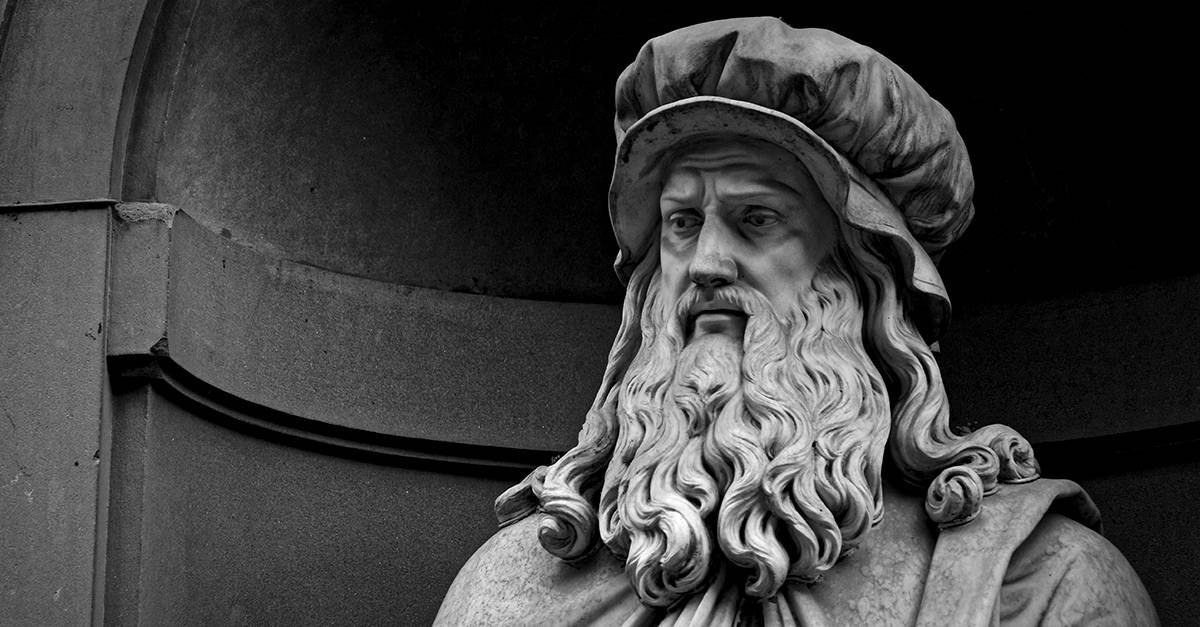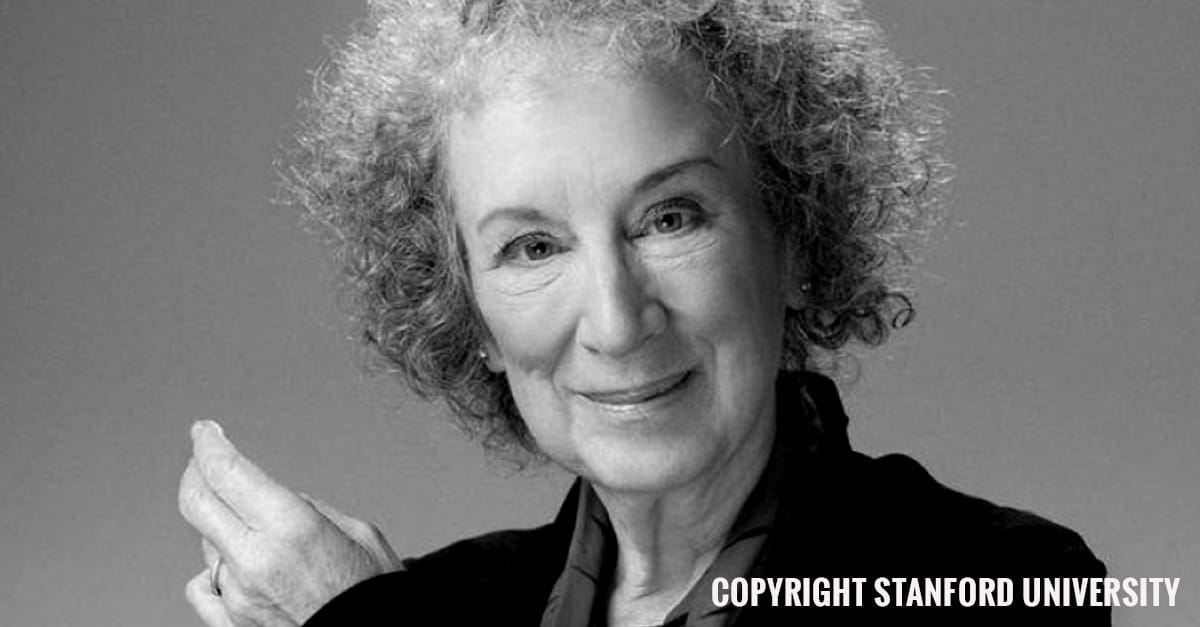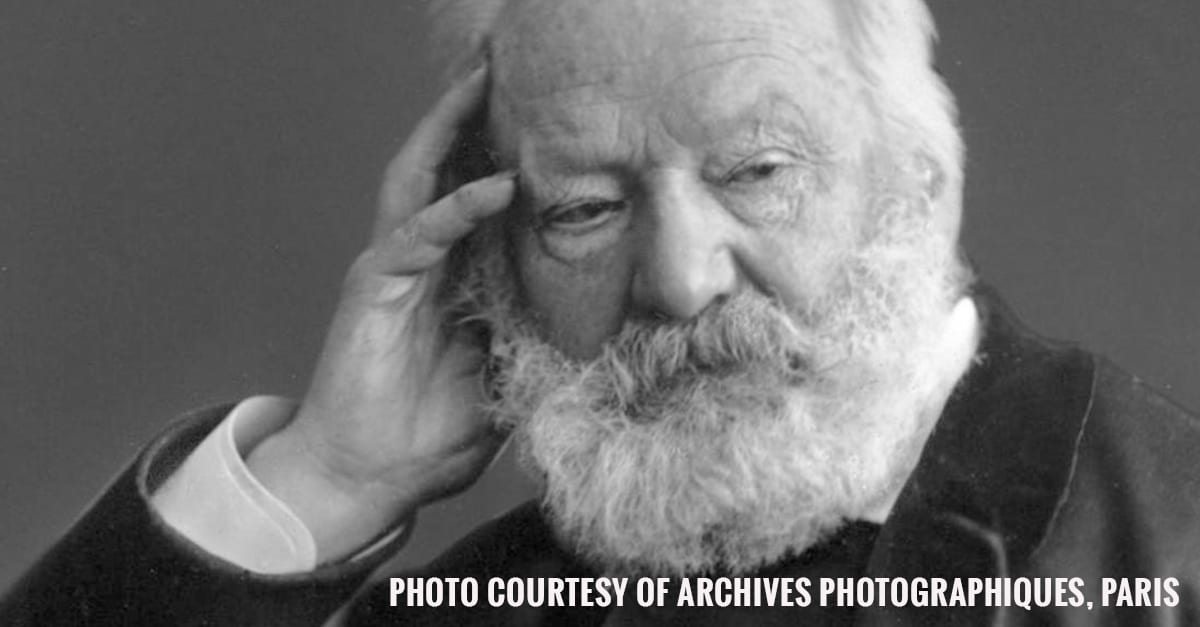Can procrastinating actually make you more creative?
Would you consider yourself a procrastinator? Well, if you’re reading this to avoid completing a task, it’s highly likely that you are.
When you don’t want to do something, do you find a million reasons to put it off? Do you decide that you need to clean something, make a snack or even tidy your desk drawers? Basically, do you do anything other than the one thing that you actually need to do and find amazingly plausible excuses for why you need to delay?
If this describes you, don’t worry, you aren’t alone. Research suggests that around 20% of adults claim to be chronic procrastinators.
But, is procrastination really such a bad thing, or, can it actually lead to more creativity?
Types of Procrastinator
Research shows that there are many different reasons for procrastinating. But, according to clinical psychologist, Dr. Ellen Hendriksen, there are three main types of procrastinators.
#1 The Avoider
This is someone who delays doing something because it makes them feel a negative emotion, such as anxiety or even just plain old boredom.
#2 The Optimist
This is when someone convinces themselves that something isn’t going to take as long as it actually does. Or convinces themselves that they will have more time to finish a task than they do.
#3 The Pleasure Seeker
This applies to a person who doesn’t do what they are supposed to do because they genuinely don’t feel like doing it, which doesn’t always happen. It’s not so much about avoiding a job as it is deliberately choosing something you like better.
Do any of these types apply to you? Some of this certainly rang a few bells with me.
Procrastination and creativity
On the face of it may seem like procrastinators aren’t great people to have around. I mean, just get on with it already! But, Organisational Psychologist, Professor Adam Grant would disagree. He suggests that when people are given something to think about, and they procrastinate for a time, they are able to incubate ideas and think of creative solutions to a specific problem.
Professor Jihae Shin of the University of Wisconsin conducted an experiment where she asked participants to generate new business ideas. Some were randomly assigned to start right away. Others were given five minutes to first play Minesweeper or Solitaire. Everyone submitted their ideas, and independent evaluators rated how original they were. The experiment resulted in procrastinators’ ideas being rated as 28% more creative.
This certainly does suggest a connection between procrastination and creativity.
Famous Procrastinators
History has given us plenty of examples of procrastination producing amazingly creative results.
Leonardo da Vinci

Da Vinci is famed for being a procrastinator. It took him 13 years to complete The Mona Lisa and 25 years to complete The Virgin on the Rocks. And, he was known to only complete some works after his patrons threatened not to pay him
Some could argue that his procrastination led to creative perfection.
Margaret Atwood

Margaret Atwood is well-known for being a prolific author, but did you know that she is also a self-confessed procrastinator?
According to Atwood, her success is down to something incredibly simple. In the morning, she procrastinates for a few hours, and by the time she sits down to work at 3pm, she is finally able to focus. Clearly it’s working for her.
Victor Hugo

The Les Misérables author was reportedly a master of procrastination, preferring to do any and everything rather than focus on his writing. But, Hugo had a rather extreme method of forcing himself out of procrastination. He would get his servant to strip him of his clothes and underwear and leave him naked in his study until he resumed work. Only then would he be allowed to work in comfort again.
Not a motivational tactic we would recommend in the office!
Procrastination and creativity
As you can see from these highly accomplished procrastinators, delaying action in itself isn’t a bad thing. But, there is a difference between being busy and being productive.
It’s definitely important for creatives to give themselves space and time to think outside the box. But, the important thing is not to procrastinate to the point of inaction.
Remember, ultimately creativity can’t happen without action.
